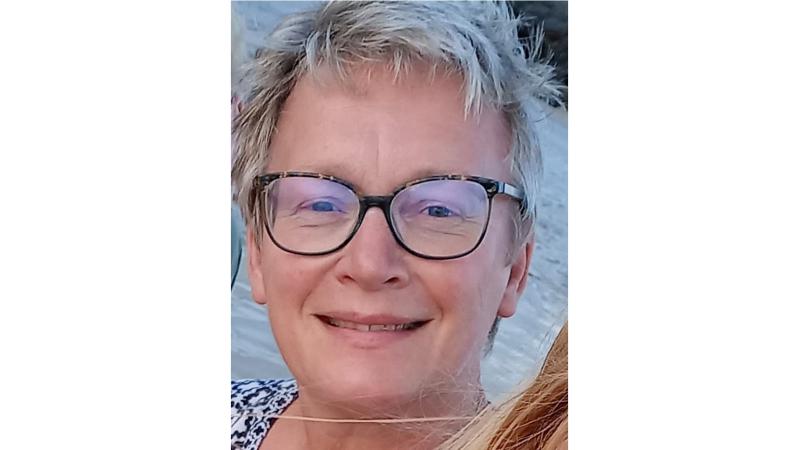A project in the School of Humanities has received £10,000 from the British Academy Talent Development Awards for the creation of an app that supports language conversation practice.

The app will be a fantastic example of collaboration across schools, staff and students at the University as the concept was developed by Heiner Schenke and Kate Weir, both lecturers in the School of Humanities, the content is being developed by humanities students and the app designed by computer science students under the guidance of Dr Alexandra Psarrou and Huseyin Dagdeviren.
The British Academy Talent Development Awards are designed to promote the acquisition and advancement of skills in relevant areas by UK-based researchers by encouraging innovative research methods. The awards are valued up to £10,000 and aim to promote the building of skills and capacities for current and future generations, including in core areas like quantitative skills, digital humanities, and languages.
This summer, the British Academy funding will be used to convert the web browser prototype into an app. The aim of the research is to create a conversation app that generates context and level-specific stimuli for both parties in a two-person conversation which would provide the English prompts for a conversation in a foreign language of their choice, similar to a personal autocue for language learners.
Language learners will be able to search for appropriate role-play stimuli by context, language function and level (benchmarked against the Common European Framework of Reference (Languages)), with all the stimuli initially produced in English. In the future, the aim is to include information-gap exercises with feedback so that language learners can check that they have correctly understood the information that they have obtained. The app will also enable leaners to access vocabulary support in the target language if required.
This app differs from other language apps in that its aim is to present two halves of a role-play to two different people, and for the two learners to then use these prompts to construct a dialogue in the target language.
A number of students are involved in the development of the app, including final year students Orsi Ban and Tamara Green who have produced 81 role-plays so far, and Alicia Victor Soler a Westminster Talent Bank student who is piloting the role-plays through the Language Volunteer Scheme. Second year Computer Science students are also designing the initial web browser version.
Orsi and Tamara, from the School of Humanities, have been designing and developing content for the Language App as part of a work placement. It is hoped that by September, the pilot app will be available to test in the academic year in language classrooms, the Language Volunteer Scheme, and then eventually become an open resource for all language learners.
Speaking about the award, Kate Weir said: “We’re very excited to receive this award from the British Academy to develop the app. Being able to hold a conversation in a foreign language is a challenging skill – whatever the level of the language learner – and we hope our app will help people develop their skills and confidence communicating in other languages.”
Tamara said: “Speaking and listening are the most important skills in language learning, however it’s difficult for students to come up with things to say. Often role-plays in classrooms have sentences already translated in the target language. However our role-plays are in English for learners to translate using the tools they have already. I think it is an excellent idea, because it forces the student to use their language knowledge to communicate.
“This project was really exciting for me as I am both a language learner and a language teacher. Kate gave us the freedom to use our own experiences and make the role-plays current and interesting. I have used the role-plays to practice myself and they are really fun and it’s been fun to see the surprise on my study partner’s face at some of the twists and turns in the stories.”
Orsi said: “This app is important because it encourages face to face contact with its speakers and relies on a partner to develop your language skills. It is a much more organic way of learning rather than just for example looking at a screen and hoping you pronounced everything right. This way when it comes to putting your learnt language skills to the test in the real world it will be much easier to initiate conversations and find yourself in the same relatable scenarios that you have practiced.
“I absolutely loved working on this as part of my work placement. Seeing it go from an initial concept to what it is now, I truly believe this can go on to be something big and life changing for all the students of Westminster. I feel incredibly lucky to have been one of the first people to work on this and I'm excited to see what opportunities this will open for me in the future.”
Find out more about the British Academy Talent Development Awards.


